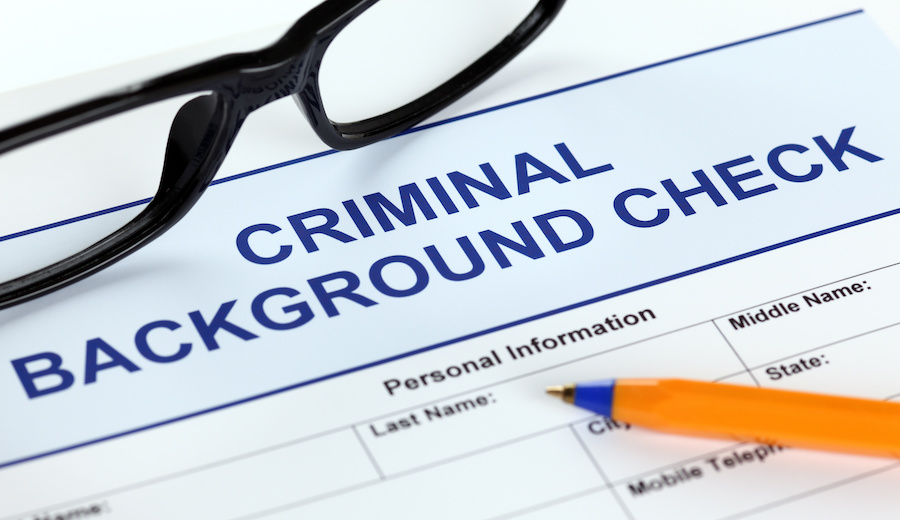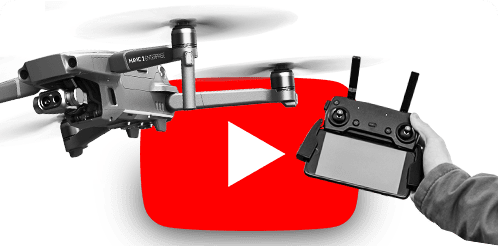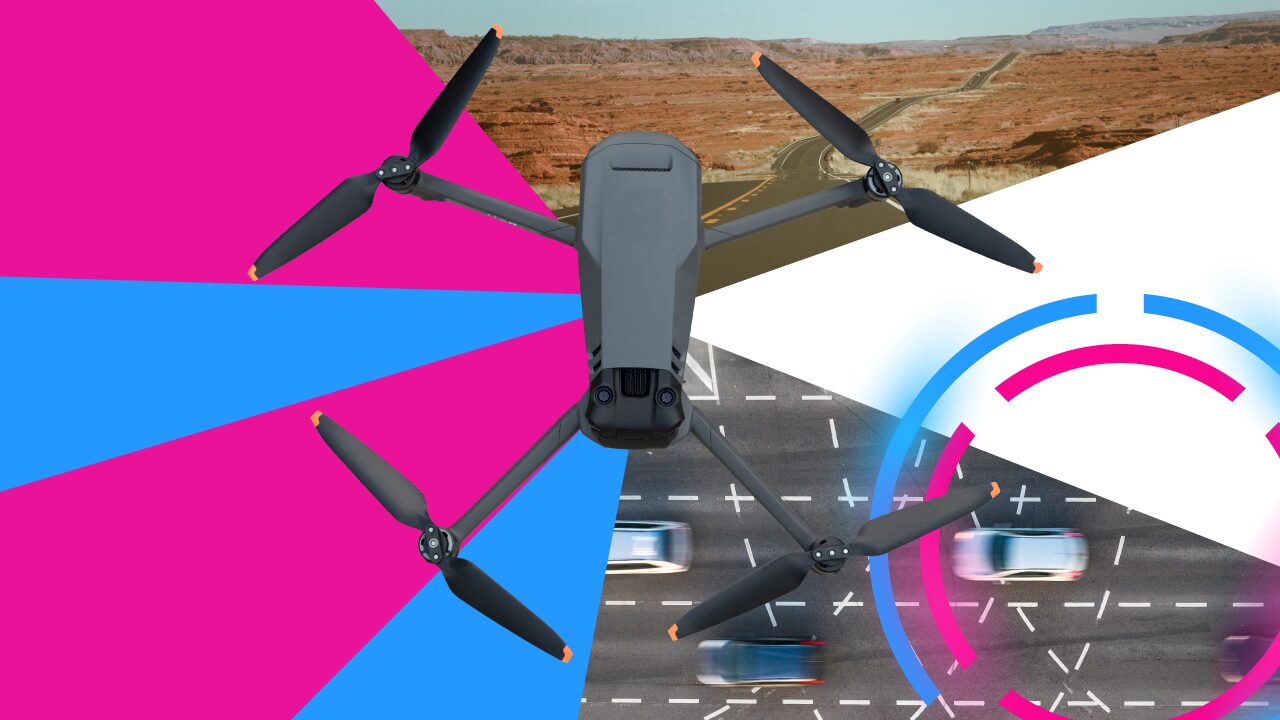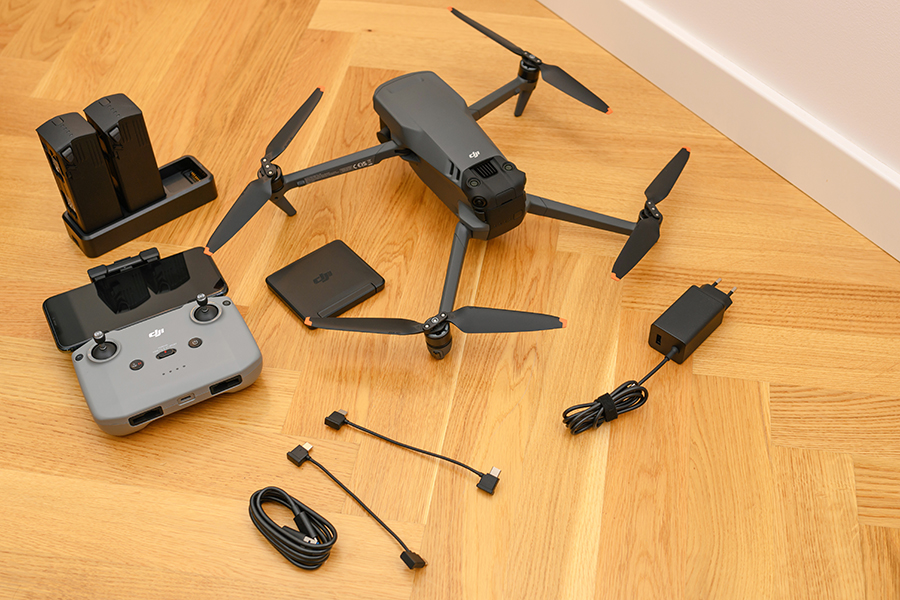Compared to any other previous certification standards for drone pilots, Part 107 certification is undeniably a lot faster and less tedious. Most of it is simply studying, taking a test, and passing it. However, there’s a part of the certification process that is still poorly understood – the TSA background check.
What exactly does the TSA check for and how far back do they look? Are there any circumstances that could cause them to disapprove of your Part 107 application? As you would expect, information on this matter is quite scarce but we will try and delve deeper on this matter from what little is available.
Why is a TSA background check needed?
In the Part 107 certification process, the TSA background check comes once you have passed the knowledge test and submitted a formal application for the Part 107 drone license. It is pretty much the final step – the one last hurdle you will need to overcome before you will be allowed to fly drones commercially.
How long the background check takes will depend largely on the backlog of airman certification applications. In some cases, it will only take a few days. In others, it can take several weeks. This is a testament to how much work and time the TSA spends on doing these background checks. But why do they bother doing it for drone pilots anyway?
The simplest answer is that a TSA background check is a standard part of any airman certification process. That means that it is a requisite step for drone pilots as much as it is for private pilots and recreational pilots. It is part and parcel of the FAA recognizing drone pilots as airmen and drones as vital components of the national airspace.
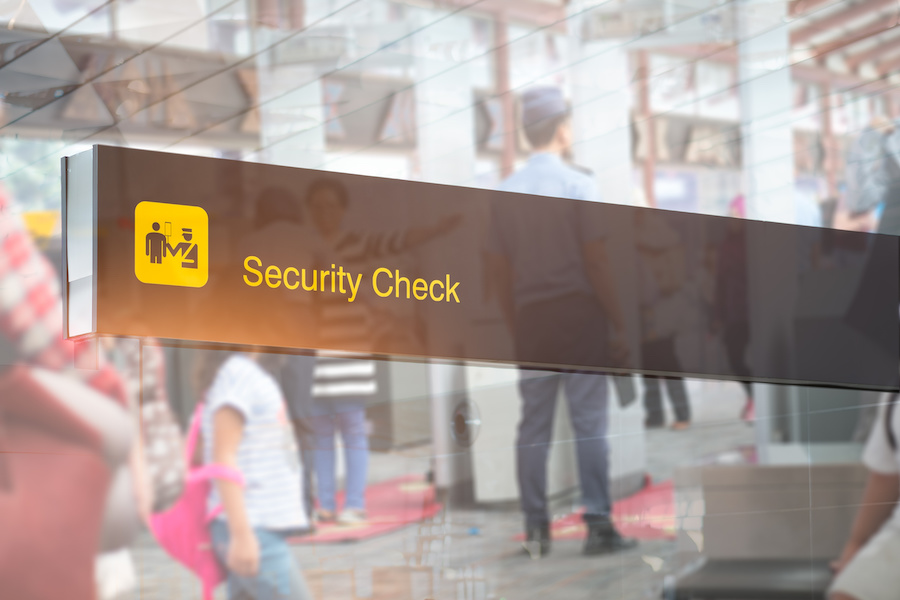
What does the TSA look for?
Just as with other airman certifications, the primary objective of the TSA background check in Part 107 is to ensure that the applicant is not on some terrorist list or has had some serious offense related to aviation. Other heavy criminal offenses may also compromise your chances of earning the Part 107 certification.
It’s safe to assume that the TSA also checks the criminal record of all Part 107 applicants. While the TSA does not have a set of offenses specifically for Part 107 assessment, a good guideline to follow would be their list of Disqualifying Offenses and Factors. Among the top offenses is inclusion in terrorist watchlists or other related government or international databases.
The list also includes criminal offenses including treason, sedition, unlawful possession of explosive devices, murder, and improper transportation of hazardous material. Among the less serious offenses that the TSA looks for are extortion, robbery, arson, smuggling, immigration violations, and voluntary manslaughter.
As you can tell, most of these offenses are grave and seem to justify being denied a Part 107 drone license. However, the TSA also reserves the right to deny applicants during the vetting process for grounds not covered by these published guidelines. It might even be more accurate to describe the vetting process as a “threat assessment.”
The anti-terrorist measure is likely the most important aspect of the TSA background check, considering how it has been shown time and again that drones can be used for malicious or criminal purposes. We have already heard of accounts of drones being used for illegal espionage, smuggling of illegal goods into prisons, or disrupting airport operations.
How far back will the TSA check?
If you committed a felony five years ago, will it hurt your chances of getting a Part 107 drone license? Again, the TSA isn’t exactly forthcoming with this information. What we know is that there have been people with felonies within the last five years who have still been granted their Part 107 certification.
Based on the TSA guidelines, there are criminal offenses that will be considered only in the interim. This means that people who have been convicted of these crimes may be denied their application if the conviction happened anytime between five to seven years before the application. This applies to ‘minor’ criminal offenses including arson, smuggling, extortion, fraud, money laundering, or unlawful possession of firearms.
Again, there are no published hard and fast rules on how far back the TSA looks when doing a background check. If you have not committed a felony in the past year or two, then there should be no reason for your Part 107 application to be denied.
How effective has the TSA background check been?
A very common critique of the TSA vetting step during Part 107 certification is the argument that people who intend to use drones for crime will not go through the certification process. This argument has some merit, especially considering that not all drone operations happen under Part 107 rules. Thus, the door is still open for people who wish to use drones for illegal operations to simply fly them without any attempts for registration or certification.
It’s better to think of the background check less as a deterrent to criminal drone use but simply a way for the TSA to vet drone pilots. After all, it makes no sense for the FAA to grant certifications to people who they believe are threats to the public or to national security. It’s also a great way for commercial drone pilots to assure their clients that they are morally upstanding citizens.
Given that, how will the FAA dissuade the use of drones for criminal purposes? Measures for that are already on the way with the implementation of the Remote ID system. Under Remote ID, all drones sold and used in the US will need to have a module that broadcasts Remote ID information. This applies whether the drone is being used recreationally or under Part 107 rules.
Final thoughts
For some people, the TSA background check step of Part 107 certification is the most anxiety-inducing part of the entire process. After all, it is the single step in the process that is most vaguely defined. Despite some guidelines on the TSA website, there is really no publicly available information on how the TSA vets potential licensed drone pilots.
What we know for sure is that the TSA mainly focuses on issues related to terrorism and other threats to national security. A criminal record is not immediate grounds for a certification application to be denied. Indeed, we know of many drone pilots who were granted Part 107 certifications despite having felony convictions.
Ultimately, the TSA background check is still an inadequate measure to ensure that drones are used responsibly. The new Remote ID rule is a more concrete step towards that objective.
